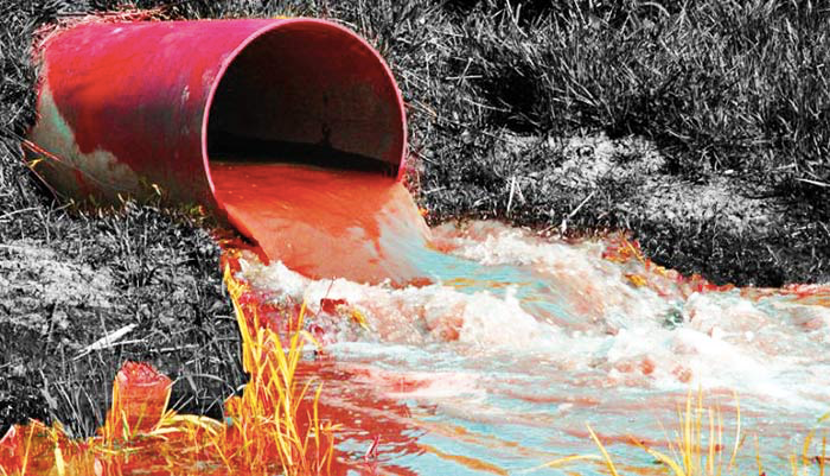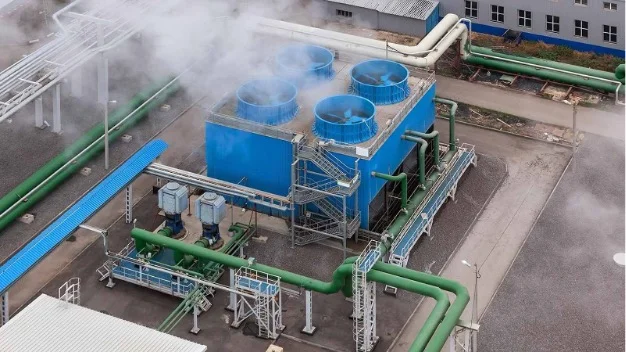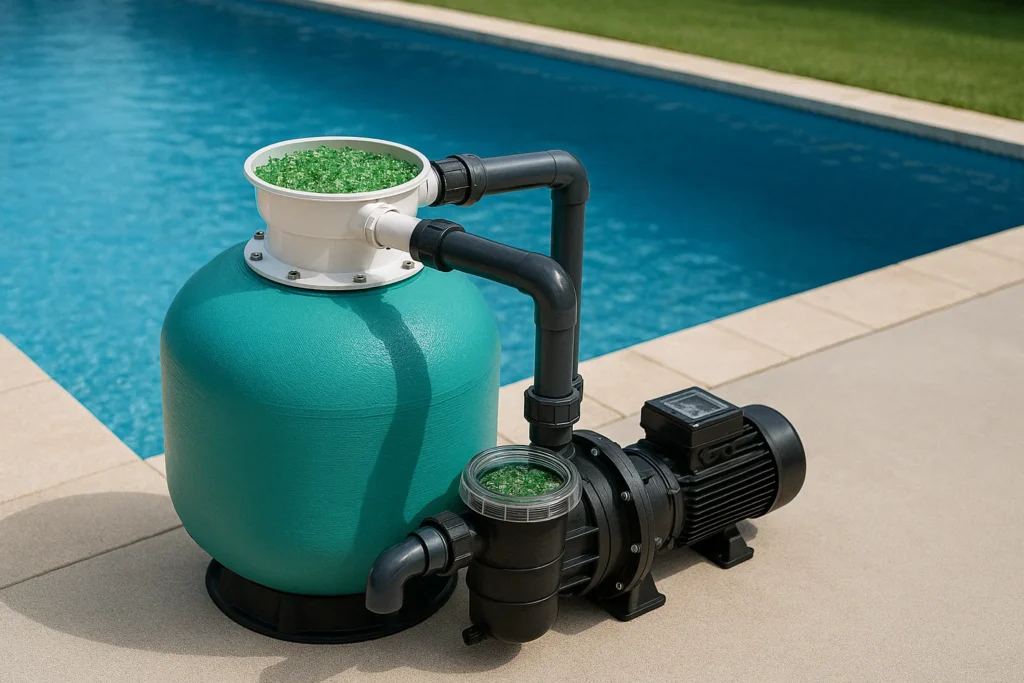
Textile manufacturing in India has played an integral part in the growth that our country has witnessed over the past 2 decades. In fact it is an industry that offers much more than what meets the eyes.
For starters, it contributes about 2% to the country’s GDP. And as an industry, it is the second largest employer in the country — right after agriculture. Growth in this industry could even help solve the employment problem plaguing the country to some extent.
So a year ago, the government decided to do something drastic. It announced plans to set up 7 mega textile parks across the country. The government called it the Mega Integrated Textile Region and Apparel scheme (MITRA) and promised to set aside nearly ₹4,445 crores to get this moving.
On the face of it, this does sound great. The economy will boom due to the significant increase in exports and employment. But once you start to peel through the covers, you uncover the underbelly of this scheme.
The textile industry is a heavily polluted industry. Each and every process — from spinning yarn, weaving, dyeing, printing and manufacturing the final product – generates enormous amounts of polluted effluent.
The fact is that these effluents are generated in different steps is well beyond the accepted standards and thus it is highly polluted and unsafe to discharge.
Textile manufacturing companies have started to observe the merits of installing efficient and state of the art Effluent Treatment Plants at their facilities – the benefits of which can be immediate as well as in the long run:
- Compliance – A well run ETP ensures compliance with the ongoing stringent discharge/treatment norms that have been imposed on the industry.
- ZLD – Zero Liquid Discharge ETP systems help treat the wastewater/effluent to such an extent that it can be safely reused as process water.
- Waste Control – It is the best way to reduce waste from your premises and carry out operations in a sustainable manner.
- Environmental safety – It is beneficial to the environment by removing unsafe pollutants/contaminants which could have an adverse impact if let out without any treatment.
- Saves you money – A properly maintained ETP will help you save money in the long term in the form of process water reuse as well as avoiding pollution penalties.
The importance of treating textile effluent cannot be overstated. With India taking major steps in ramping up production to reinstate its position as the textile hub of the world, measures also need to be taken to ensure we don’t end up hurting ourselves more than what we gain.
Pure Water Enterprises represents Suez Water Technologies for its water treatment products. The ZeeWeed 500S modules are world class MBR membranes for small capacity ETPs. They require lesser space/footprint, abide by the plug-and-play technology, help organisations meet norms, and have a long membrane life.
Get in touch with us at info@purewaterent.net, to know more about our offerings in the sewages treatment space such as our Membrane Bioreactor(MBR), the worlds most advanced sewage treatment technology!





